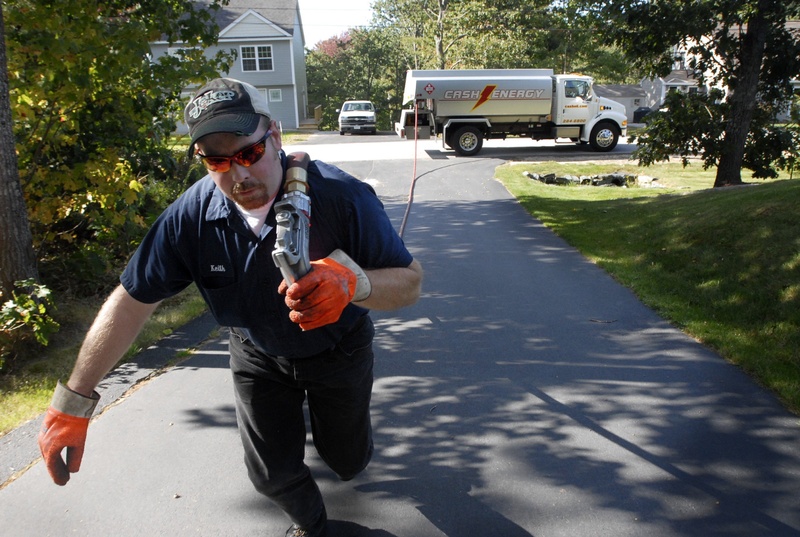Say what you want about winter in Maine, at least we know what’s coming. The leaves fall off the trees, the temperatures drop, the wind blows, the snow falls, year after year after year.
That makes it easy to plan ahead. From November through March everyone in Maine needs a living space with heat. For Maine’s low-income population, including thousands of seniors and families with young children, it means they will need help.
If only Washington could be so predictable. Because the federal government is unable to pass a budget, the Low Income Heating Assistance Program, known as LIHEAP, keeps the people who depend on it in constant suspense.
Three years ago Maine received $56.5 million with support from federal stimulus funds. In 2011-12 it fell to $38.6 million. Last year it was cut to $34.9 million. This year $33.8 million has been budgeted in the continuing resolution that ended the partial government shutdown last month, but even that can’t be counted on because if Congress can’t come to terms on a long-term deficit reduction deal, automatic sequestration cuts will take effect. And it could be even worse if the same people who just shut down the government decide to use the budget to make a rhetorical point again.
It would be great news if the decline in federal funds were related in a decline in the need for low income heating assistance, but that is not the case.
Aside from still being among the coldest states, we also have very high rates of low-income home ownership and old housing stock. We are also still one of the most oil-dependent states for home heating and this winter oil prices remain high.
Even at last year’s level of funding, the program did not come close to filling the need in Maine. According to the Governor’s Office of Energy Independence, it costs more than $3,000 a year to heat a home with oil. Last year the average LIHEAP benefit was less than $700.
The state is taking steps to improve this situation in future years. The energy bill passed this year will pump millions into energy efficiency projects, including providing loans to upgrade old and inefficient home heating systems. This will reduce what people spend on heat and lower our dependence on oil, which drains money out of the Maine economy. But this winter people will still need help and that should not get swept up into an abstract argument about the size and role of government.
Historically, Maine’s congressional delegation, regardless of party, has fought to maintain this program. They will have to fight harder.
We may not know what Congress is going to do in January, but we know it’s going to be cold in Maine and people here can’t kick that can down the road.
Send questions/comments to the editors.



Success. Please wait for the page to reload. If the page does not reload within 5 seconds, please refresh the page.
Enter your email and password to access comments.
Hi, to comment on stories you must . This profile is in addition to your subscription and website login.
Already have a commenting profile? .
Invalid username/password.
Please check your email to confirm and complete your registration.
Only subscribers are eligible to post comments. Please subscribe or login first for digital access. Here’s why.
Use the form below to reset your password. When you've submitted your account email, we will send an email with a reset code.